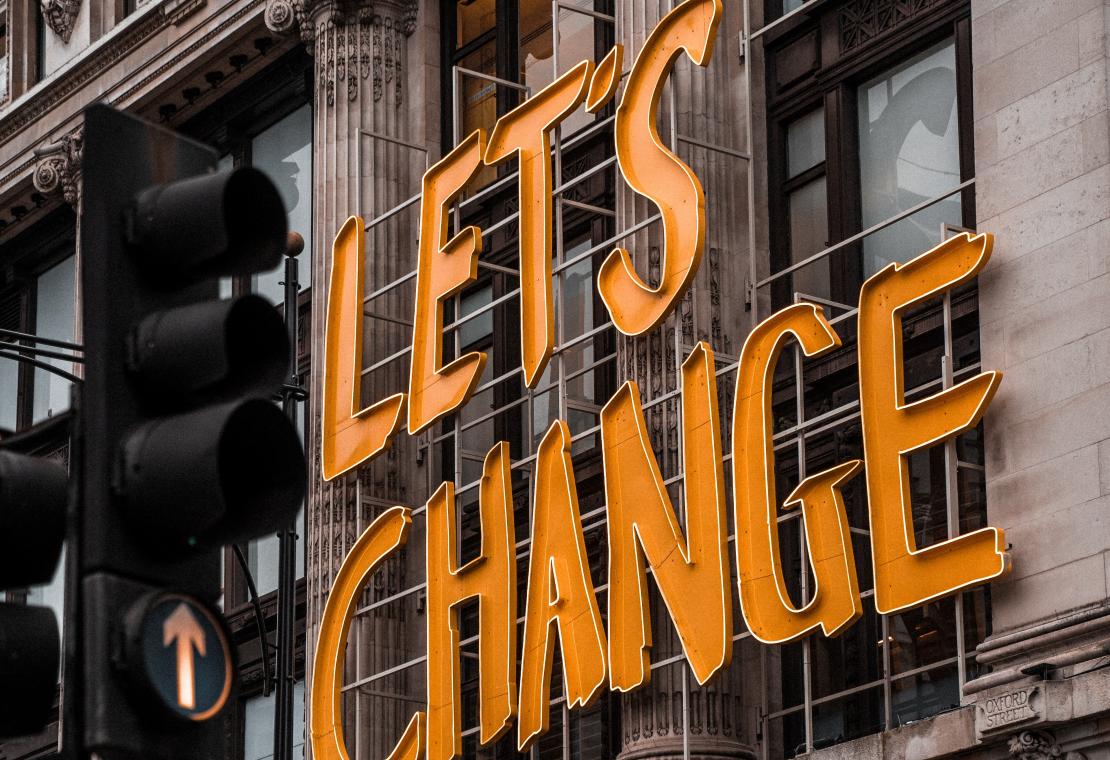
From the Chair: 20 April 2022
In this week's MEA Express, MEA Chairman Michael Firman reflects on his long weekend, and how he sees many similarities between the current changes going on in our industry and a quote from Giuseppe Tomasi di Lampedusa's novel 'The Leopard', "Everything must change for everything to remain the same".
Over Easter I spent time at my parent’s beach house on the Mornington Peninsula. It’s a place that I have enjoyed visiting for over 40 years and spent many summer holidays at from childhood into my teenage years, a place I continue to enjoy in adulthood with my own family.
Every time I come here I am filled with joyous memories of times gone by, exalted fun on the beach, people I’ve met, things I’ve done, life-long friends that I made along the way. So many memories etched into my sense of being that I can never escape, mostly great memories and some regrettable, but all constitute the person I am today.
I can’t escape the emotional connection I feel every time I come here, every memory of my past comes flooding back.
On reflection, this place is the same as it ever was for me because it symbolises my youth, the childlike innocence and naivety and freedom I used to enjoy here, something that has decreased over time as one grows up and has to abide by the rules of the grown-up adult world.
But everything here now is also so much different. The yearly traditions from my childhood have gone; people I once knew intimately have changed and grown into people who are not the same as they were; the caravan park that was filled with campers every summer is now reclaimed bushland; the lifesaving club that used to attract beach goers has washed away; the local milk-bar is now a Thai restaurant, the local supermarket a pizza shop; there’s now even a McDonalds where once the simplicity of Fish & Chips was the only form of fast food.
I guess the hard thing about life is that nothing stays the same. It reminds me of the famous quotation from a novel I studied at university, “The Leopard”, written by Giuseppe Tomasi di Lampedusa; “Everything must change for everything to remain the same.”
The story is set during the formation of the Kingdom of Italy and explores the outcomes of the unification of different regions into one whole country which has been under several foreign dominations for such a long time. For the prince and his class, a modified monarchy is better than a republic. Could we be at a similar cross-road in our industry?
The famous catchphrase simply suggests adaptation. Things will have to change in order that they remain the same. Change is important and necessary for progress and growth, but the natural inclination of all humans is to avoid any form of change. Change is scary, yet we cannot avoid it.
The older I get it seems the world is changing at an ever faster pace than it has before. Technologies are changing at a speed that humankind has never experienced in history. Is it because I’m older that I’m unable to keep up with the pace of change? Should I lament the passing of time because summer holidays are now a shadow of the times I remember as a child?
If we view the world through an unchanged lens of youth, then the issue of change becomes someone else’s problem, change is only positive if it doesn’t touch us. So we’re all fine with new technologies, as long as they don’t alter the way we work. We demand prices to remain as they were yet expect improvements and new technologies. We want to take faster trains, as long as they’re not in our backyard. We’re all ready to ask others to change their behaviours, but we’re the first not to demand this of ourselves.
Many of us often fail to see that change should start from ourselves. Even in difficult situations, the issue of change is always that of somebody else. It’s a customer issue, a competitor’s issue, a colleague’s issue, a leadership issue.
In business, we talk about change all the time; the pace of change; managing change; leadership change; organisational change; strategic change. Ultimately, change in a business sense is really an initiative or solution being introduced into the organisation to improve the way work gets done, to solve a problem, or take advantage of an opportunity. So if we wish to remain or become successful, we cannot just simply have “business as usual” because the needs of our customers and industry are changing rapidly, so we must make changes too – big ones.
If we want things to stay as they are, things will have to change.
The question is, do we actually want things to remain the same and ‘go back to normal’, do we want the world to go back to business as usual? Or do we want to embrace change, adapt to a new world and see change as an opportunity to evolve and grow?
Here I’ll take a leaf out of our CEO’s playbook as I peer through the lens of my childhood and use a song lyric from a 1984 pop idol, Paul Young, whose ballad ‘Everything must change’ is a meditation on 'the way of time' and the truth that life is itself a constant transformation and adaptation to change;
And like a dream, a life, a reason,
Everything must change
And like a world, this earth and seasons,
Everything must change

